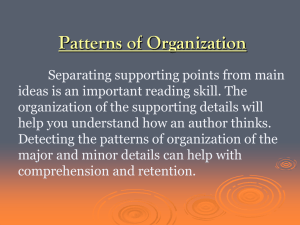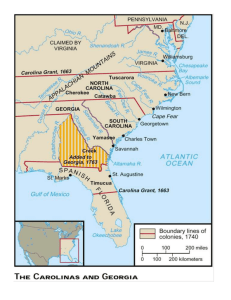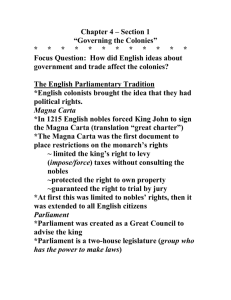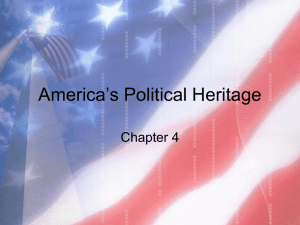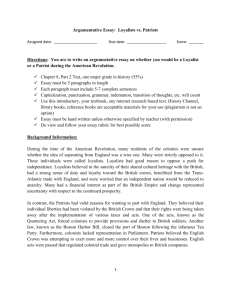Political Heritage
advertisement
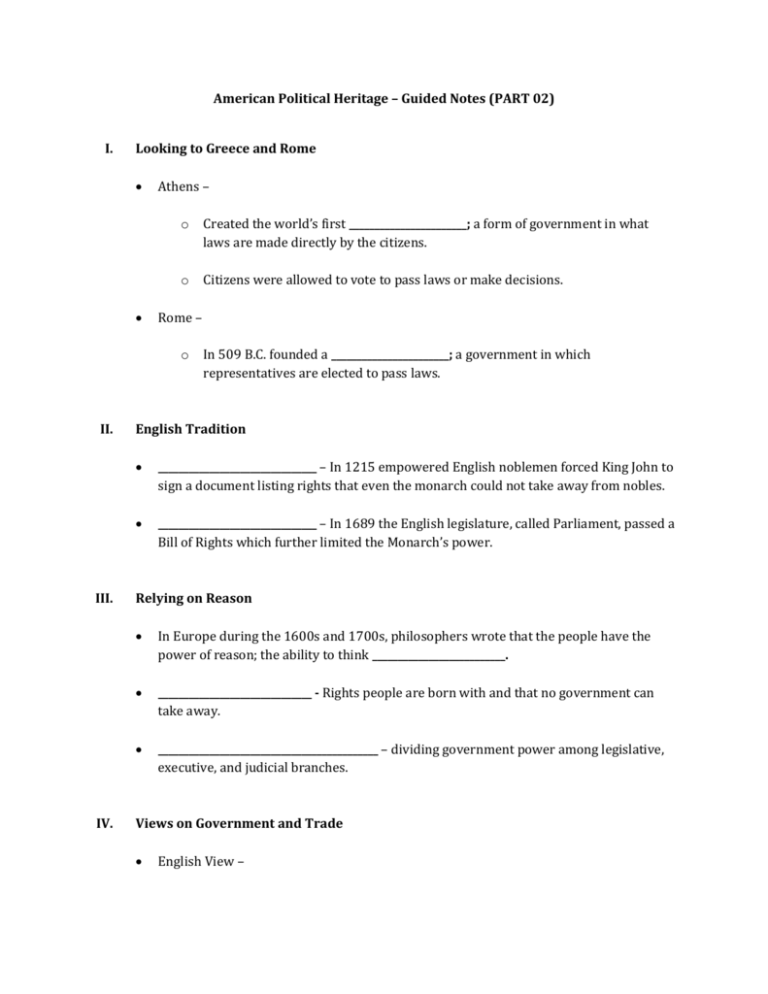
American Political Heritage – Guided Notes (PART 02) I. Looking to Greece and Rome Athens – o Created the world’s first _______________________; a form of government in what laws are made directly by the citizens. o Citizens were allowed to vote to pass laws or make decisions. Rome – o II. III. IV. In 509 B.C. founded a _______________________; a government in which representatives are elected to pass laws. English Tradition _______________________________ – In 1215 empowered English noblemen forced King John to sign a document listing rights that even the monarch could not take away from nobles. _______________________________ – In 1689 the English legislature, called Parliament, passed a Bill of Rights which further limited the Monarch’s power. Relying on Reason In Europe during the 1600s and 1700s, philosophers wrote that the people have the power of reason; the ability to think __________________________. ______________________________ - Rights people are born with and that no government can take away. ___________________________________________ – dividing government power among legislative, executive, and judicial branches. Views on Government and Trade English View – o Colonist View – o V. VI. VII. Claim that _________________________________ actually did represent the citizens, including the colonists. Since no colonists ________________________ in parliament, nor could colonists _______________________ in parliament, English government did not attend to colonial needs. Trade Conflict – Parliament only allowed the colonists to trade with ______________________. Clashing Views “No Taxation Without Representation.” England is in huge ____________________ from over 100 years of war, both in the colonies and around the world. When Parliament decided to raise money to pay its debts by _____________________ the colonies, this enraged many colonists, leading to various protests. Prelude to Independence 1774: The First _____________________________________________ met in response to the Intolerable Acts of 1774. How would the colonists respond? It had no effect. 1775: Fighting breaks out in _______________________________, leading to a war. 1775: The ______________________________________________ managed the colonial war effort and would eventually ratify, or agree with, the Declaration of Independence. 1776: “Common Sense” by Thomas Paine inspired the ______________________________________. It made a clear case and a pathway for American independence. Declaration of Independence It was written by members of the Second Continental Congress, including: Thomas Jefferson, Benjamin Franklin, and John Adams. Signed on __________________________________________________. VIII. IX. X. It announced that the 13 American colonies considered themselves as ____________________________________ states. It stated that the people give _________________________ to their government so long as that government _______________________ their rights as citizens. If the government abuses those rights, it can be changed or done away with by the people. It also listed the ways in which England had ______________________ the rights of the colonists as English citizens – proof that they were being ruled under absolute tyranny. This ____________________________ their actions against England. Organizing a New Government __________________________ – a written agreement to make and obey laws for the welfare of the group. Because each individual colony was founded by a charter prior to independence, people were used to the idea of having a _________________________________ of government. During and after the Revolution, each state had its own _______________________________. Articles of Confederation November 15, 1777: The original compact was created between the soon independent colonies. The total _____________________________, or approval, of the Articles of Confederation didn’t take place until 1781, after the Revolutionary War. The first state to ratify the Articles was ________________________ in 1777; the last state to ratify was ______________________________ in 1781. Organizing the Articles There was no executive or judicial branch. XI. XII. Allowed for a national legislature, called Congress, with each state having one vote. Congress had the power to declare war, make treaties of peace with foreign countries, and form trade agreements between states. All 13 states must agree on a motion, or bill, for it to pass. Problems Unable to deal effectively with European nations. Many of the states had different opinions on whether there should be a strong central government or strong state governments – all of the states had to come to an agreement in order to ________________________________________________. Congress had ___________________________ a large amount of money to pay for war supplies, but couldn’t tax the people. Congress could make decisions, but it was unable to _____________________ trade or enforce their decisions. What are your thoughts on what you see here? Shay’s Rebellion 1786: Hundreds of angry Massachusetts farmers, led by ____________________________________, revolted to show their anger over poor trade conditions and high state taxes. Congress didn’t have the power to force other states to help put down the uprising. Militia violently stops the rebellion, killing 4 and wounding dozens of other farmers. The incident exposed a weak _________________________________________.





